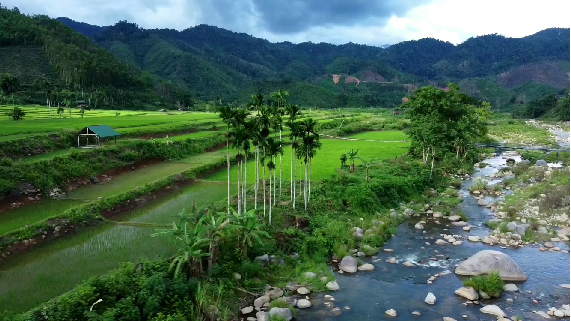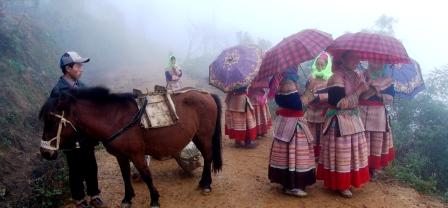Contact: hepaspirit@gmail.com OR cendispirit@gmail.com * Online: 6 - Visited: 653107

Featured
Video

01-27-2022 - 03:01:07
Community Entrepreneur and Eco-farming
- This cultivation method reflects a moral behavioural culture of farmers towards theintangible values that have become their beliefs and behavioural norms.This is the cultivation method that nurtures the original and uniquelandscape pattern presented to all living things by the Creator. Farmers who engage in this methodhave nurturedfive fundamental rights of a human livelihood which have become the core values and daily behavioural norms of their life and the livelihood identity of the farmers: 1) the right totheecosystem (basic); 2) the right to nurturetheecosystem (unique); 3) the right to practice wisdom and experience ontheecosystem (practical); 4) the right to self-reliance and self-determination in the ecosystem (holistic); and 5) the right to co- nurturethe ecosystem with neighbours (strategic). This cultivation method only exists in remote areas where ethnic minorities live deep in the forests that are less impacted by a so- called “civilized and modern” society. These communities have never ever lost themselves by running after new technology and speedy competitions in an immoral market economy towards living things. This cultivation method differs from organic agriculture and sustainable agriculture in its values and ten behavioural criteria”(Tran Thi Lanh, 2007). Eco-farming philosophy is reflectedbya system of indicators of a farmer’s daily behaviours. They are: 1) Spiritual ecosystem (worship nature); 2) Farmers relate, inherit and nurture their livelihood as a gift; 3) Farmers are responsible for their behaviourstowardsthe ecosystem through a system of unwritten behavioural norms (customs and wisdom); 4) Respect, listen, observe, design, plan, use and enrich resources created by sun, rain and wind energies in order to create products suitable to the five fundamental characteristics of ecosystem; 5) Dynamic between practice and learning lessons to enrich wisdom regained from experiences in order to nurture natural landscape and resources for inter-generations that are presented equally to living things bythe ecosystem (Tran Thi Lanh, 2007).






